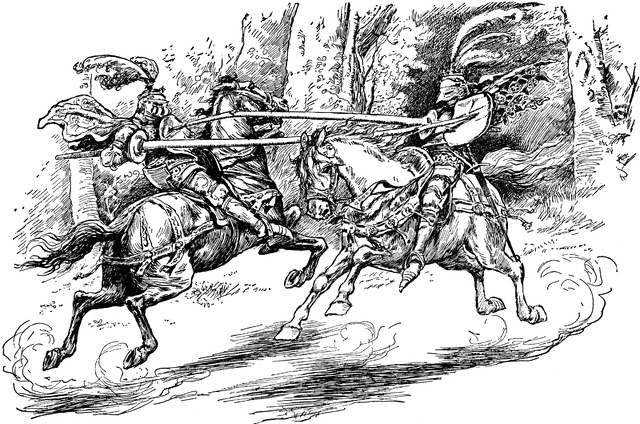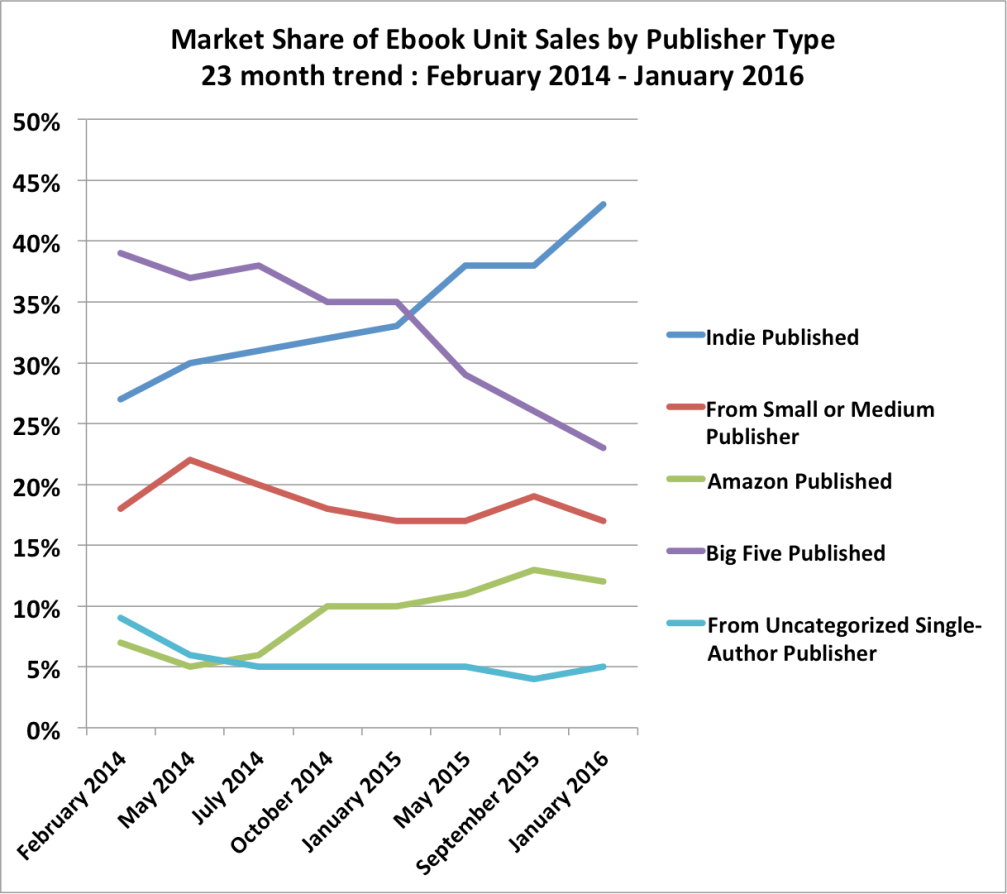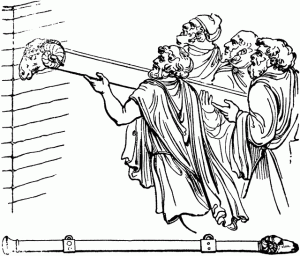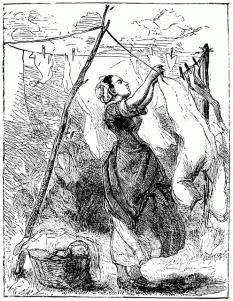 There are zombies in my house.
There are zombies in my house.
Not actual zombies, mind you, but the blood-less kind on computers screens deftly out-maneuvered by my resident teens and tween. It may seem strange, but I’ve come to enjoy the presence of these video-game zombies in my living room, as well as all the nonsensical hilarity such entertainment brings with it.
As I sat–placidly hemming a set of linen dinner napkins–last night, I happened to overhear a string of sentences emanating from a corner of our living room.
“Do you have any more grilled cheese sandwiches?”, my sixteen-year-old son asked of his younger sister.
“Nope,” Eleven replied. “But, I have four bottles of cola.”
My interest was piqued. Casually, I rolled my chair over and made inquires about the variety of zombie-game foodstuffs that the average survivor might come across in that cartoon-ish realm. While searching the dark corridors of an abandoned structure, my son assured me that a remarkable number of the fatty, dairy-rich sandwiches could be found strewn about the otherwise ruinous landscape.
My theory that they fell from the sky was met with scorn.
“No, they just spawn,” Sixteen informed me. “Like the bandages and ammo. But, sometimes you can get food from animals. See, I just killed this wolf and I got… venison.”
My son’s puzzled expression mirrored my own at this very strange turn of events. Eleven had her own theory.
“Maybe the wolf ate the deer,” said she, “and then, when you killed the wolf, you got what it ate.”
It sounded plausible, but none of us fancied the idea of eating deer already consumed by a predator (Sixteen has, after all, been studying bacteria in Biology) but more than that, we all doubted that said meat would be quite as whole post-chewing as it appeared in the character’s inventory. There was a unanimous feeling of gratitude among all present that the wolf had not eaten any fellow survivors.
As my children’s gaming counterparts plodded from one empty village after another, they found no end of candy bars, sandwiches and sodas, water bottles and sports drinks among the piles of brick and wood, seeded with the odd can of beans… or SPAM.
“Mom,” Eleven said. “What’s SPAM?”
“Compressed pig parts, I think,” I told her. “I’ve never had to eat it.” (Personally, I may prefer the previously-gnawed venison to SPAM, but I digress.)
The limited sustenance aside, the abstract nature of the zombie game continued, highlighted by the nearly-endless ‘slots in a given character’s inventory, a phenomena apparently ‘balanced out’ by the completely random order by which objects are found.
“Huh,” Sixteen wondered aloud. “How did I end up with $1,000, binoculars and a bedroom window in my hand?” I wondered that as well, but it seemed a happy problem to have.
Eventually, I penetrated the point of this game: to gather as many items with which to make and strengthen both bases and vehicles, with the aim of going even farther afield in search of more consumables. “Infected” items were to be avoided, a parting gift from slain zombies of yore.
True to the game’s name, the half-dead (un-dead?) creatures roamed the land, popping up now and again–favoring shadow corners to the point of tedium–and dressed in the most fashionable attire, complete with pricey rips and ‘distressing’ once . complete with their own funny noise… like a cat trying to imitate a bear by gargling Epsom salts.
Try as they might to invoke fear, the characters would have none of it, and for good reason. The zombie were easily dealt with by the swift smite of a stick, or a precious bullet from one of the abundant firearms laying in the corners of nearly every dark room. In a fun twist of irony, the rifles and handguns were often located in a entirely different area of the map than their particular type of ammunition. The only real zombie threat was in large numbers.
“A zombie got me,” Eleven lamented. “But, don’t worry… I didn’t have anything on me but some money and a pair of pants.” Her character re-spawned and the game continued.
As I sewed, I made a mental note to have another talk with the youngest about the concept of Death and its inherent reality… one of many such talks I’ve had with my kids over the years. I was comforted by the notion that they enjoy playing these rather harmless game with each other, comfortable to play with earshot of Mom. I listened them laugh uproariously as their fictional helicopter glitched through a building and came to rest, half-buried in the ground.
“At least no one can steal it now,” Sixteen said, with immense satisfaction. Eleven agreed. They hurriedly picked up their scattered treasures from the wreckage: a golf club, a can of tomato soup, plate armor, a blimp (yes the Hindenburg kind) and a pair of socks.
This zombie virus must be infectious… for now I, too, crave grilled cheese and cola.



 It is a concept understood by many a small and large business alike across the globe, but–for some reason–when it comes to the book industry, this ‘golden’ rule is seen as brass, to be plucked from the wall, trampled upon and sneered at with startling alacrity.
It is a concept understood by many a small and large business alike across the globe, but–for some reason–when it comes to the book industry, this ‘golden’ rule is seen as brass, to be plucked from the wall, trampled upon and sneered at with startling alacrity. It’s far too easy — for most indie writers these days — to rely on the general public’s apparent understanding of the phrase “I’ve been busy” in order to put off serious work on one’s manuscript.
It’s far too easy — for most indie writers these days — to rely on the general public’s apparent understanding of the phrase “I’ve been busy” in order to put off serious work on one’s manuscript.

 Audiobooks are getting quite a bit of talk-time and ad space these days. My oldest teenager and her friends discuss them excitedly on social media, using phrases I remember utilizing–in my own awkward youth–about anything “new.”
Audiobooks are getting quite a bit of talk-time and ad space these days. My oldest teenager and her friends discuss them excitedly on social media, using phrases I remember utilizing–in my own awkward youth–about anything “new.”